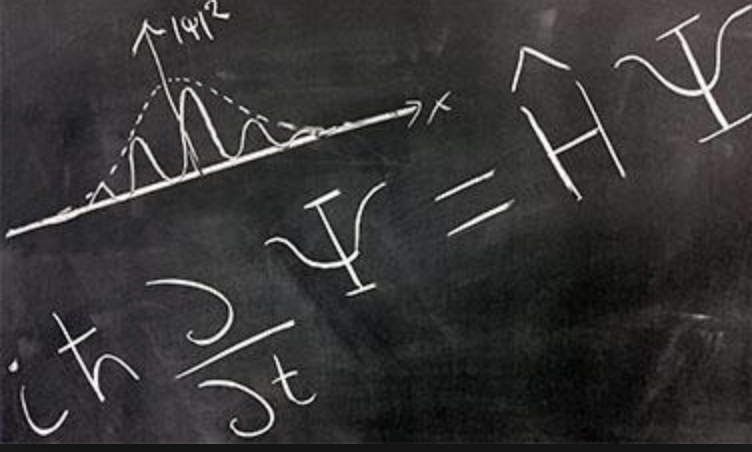
I recently went to hear Sal Khan, the founder of Khan Academy, speak at a Robin Hood Foundation event in New York City. He talked about the future of learning and what Khan Academy is doing to broaden equity and access to education and opportunity. As most of you know, Khan Academy provides free online education on core academic topics and beyond for students in grades K-12. Khan academy is used by students all over the country to supplement what they are learning in schools and it also partners with schools to provide online classes directly in the classrooms to help students learn at their own pace while enabling teachers to give more individualized attention. Khan Academy is used by students all over the world that may otherwise have limited access to education - Sultana, a young woman in Afghanistan without means to pursue education under the threat of Taliban pursued her education through Khan Academy, subsequently enduring a dangerous 30 hour journey through Pakistan to take her SAT, and is now doing research with a top physicist at MIT.
Khan Academy is on a mission to provide an education to every person on this planet. “Imagine what we can solve if every person can get an education. Can we cure cancer?” The idea that almost every problem can be solved with the collective knowledge and wisdom of an educated population is a wild one, but definitely worth pondering. This idea really stuck with me because we at Versed feel equally strong about giving every parent the right information and advice to help their children succeed in their academic and extracurricular endeavors.
Sal asked the audience, hundreds of years ago, when a very small percentage of the population could read (clergy, royal court, nobility), what percentage of the population can realistically learn to read? The answer would likely have been a very small percentage - 10%? 20%? At that time, it was not fathomable that the vast majority of people can learn to read. If we ask people today what percentage of people can realistically learn quantum physics, learn to create algorithms for hedge funds, or be programmers, how would most people respond? Perhaps 1% or 5% of the population? Using the same analogy, what may not seem possible now, may largely not have anything to do human potential, but the barriers that exist holding back the huge population of people worldwide, including students right here in the United States that do not have access to quality education.
Being a huge science fiction fan, Sal Khan sees a possible future, not unlike Star Trek, where every person is a knowledge worker. Given how artificial intelligence is developing and eliminating jobs, it is imperative that we work toward giving every child a quality education that will allow them to navigate the future and the unknown out there.
Subscribe to our Newsletter
Receive inside track information on college admissions process, high school and middle school planning, general pre-college guidance, and be the first to know about our events and announcements.
Comments
- Versed Editors's Blog
- Log in or register to post comments
